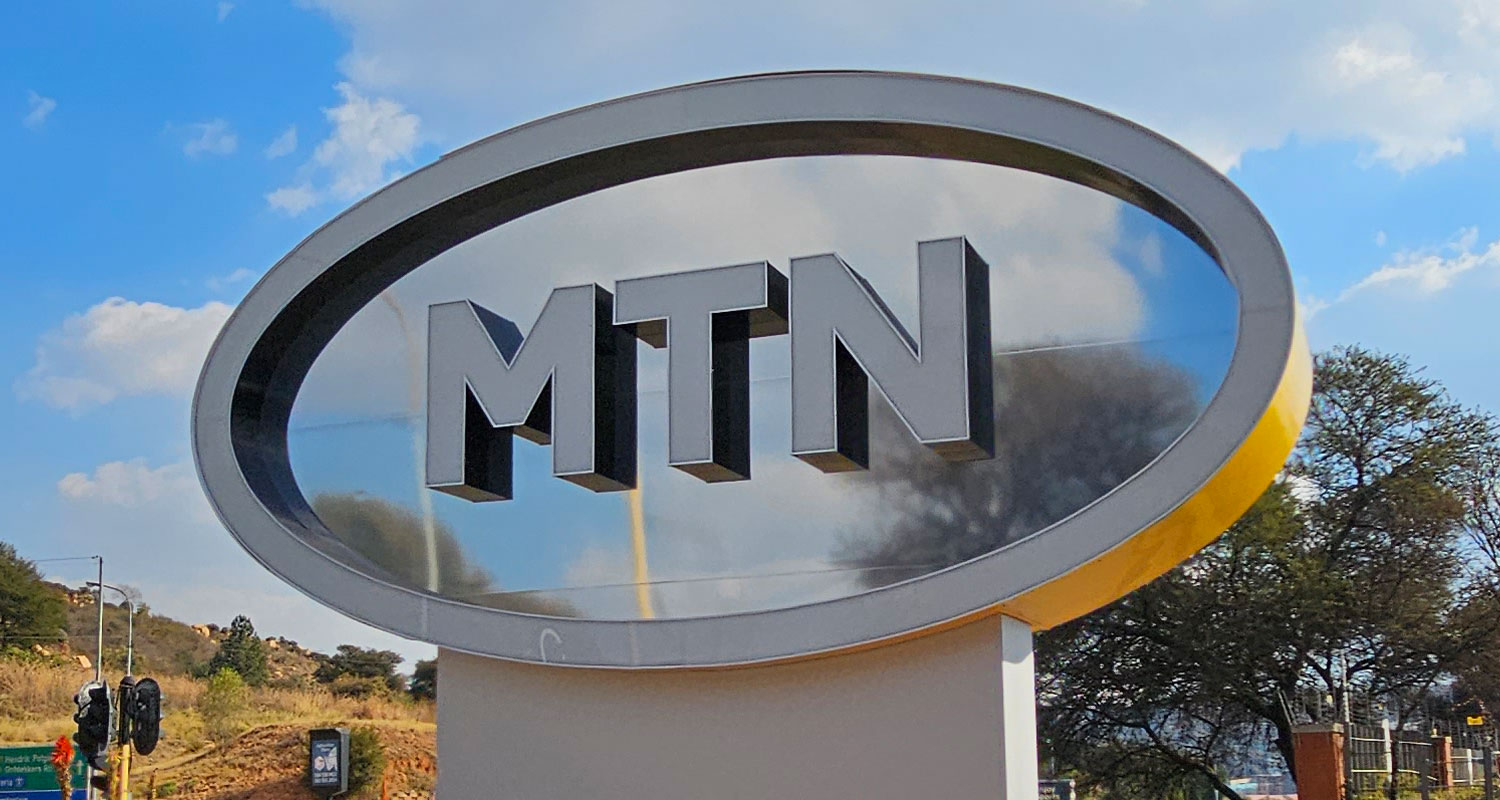 Nigerian companies are paying overdue dollar obligations after recent central bank reforms led to increased liquidity in the West African nation’s foreign exchange market.
Nigerian companies are paying overdue dollar obligations after recent central bank reforms led to increased liquidity in the West African nation’s foreign exchange market.
MTN Nigeria Communications, BUA Foods and Cadbury Schweppes Overseas’ Nigeria unit, some of the biggest firms in Africa’s most populous nation, have reported that they are now able to access dollars to meet their foreign currency obligations, a reversal of a situation where the scarcity of greenbacks left them unable to repatriate profits or pay foreign suppliers.
MTN Nigeria, the nation’s biggest mobile operator and subsidiary of South Africa’s MTN Group, “utilised the improved liquidity in the foreign exchange market” to reduce letters of credit obligations by 41.6% to US$243.4-million from $416.6-million in December, in a bid to curb losses, chief financial officer Modupe Kadiri said at investor conference call last week.
The Central Bank of Nigeria has since the beginning of this year introduced measures to improve liquidity, including raising its benchmark rate 600 basis points to attract capital inflows and dumping the currency’s peg to allow the market to determine the naira’s exchange rate. This was after years of unorthodox currency management deterred investors and caused a scarcity of the greenback.
“Portfolio flows have responded positively to reforms with increased FX turnover,” Tatonga Rusike, sub-Saharan Africa economist at Bank of America, said in an investment note. “The average daily FX turnover has more than doubled from 2023 lows.”
Dollar liquidity jumped 90% to $160.8-million on Tuesday from a day earlier, Chapel Hill Denham said in e-mailed note on Wednesday. The central bank is also selling dollars to money traders to boost distribution to retail users.
Still, the naira weakened 1.2% to ₦1 416/$ on Tuesday.
Real rates
“The increased dollar liquidity is providing a respite for companies to pay down debts and cushion the effect of the devaluation,” Adetilewa Adebajo, economist and chief executive at Lagos-based CFG Advisory, said by phone.
While liquidity has improved, it has to be sustained for the next year to support the turnaround companies desire, according to Adebajo.
“Authorities need to make sure real rates are positive, that the interest rate is matching inflation and fiscal responsibility in terms of government spending is in check,” he said. — Emele Onu, (c) 2024 Reuters




